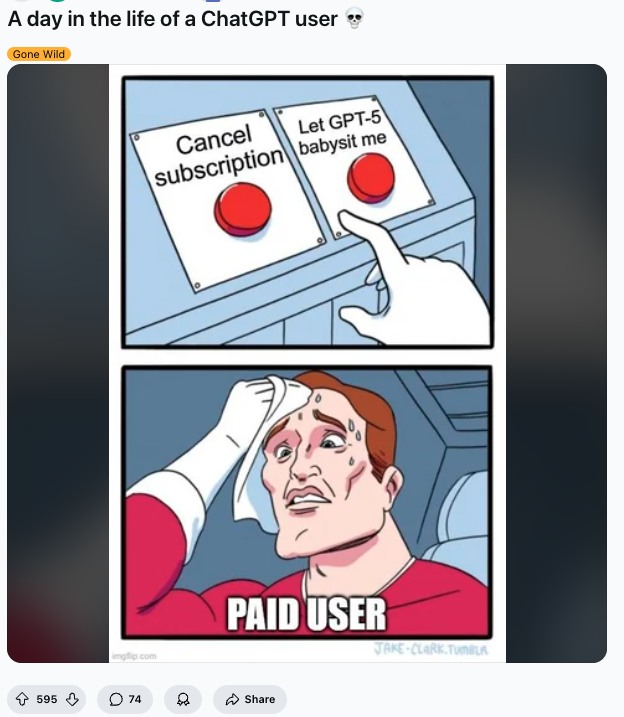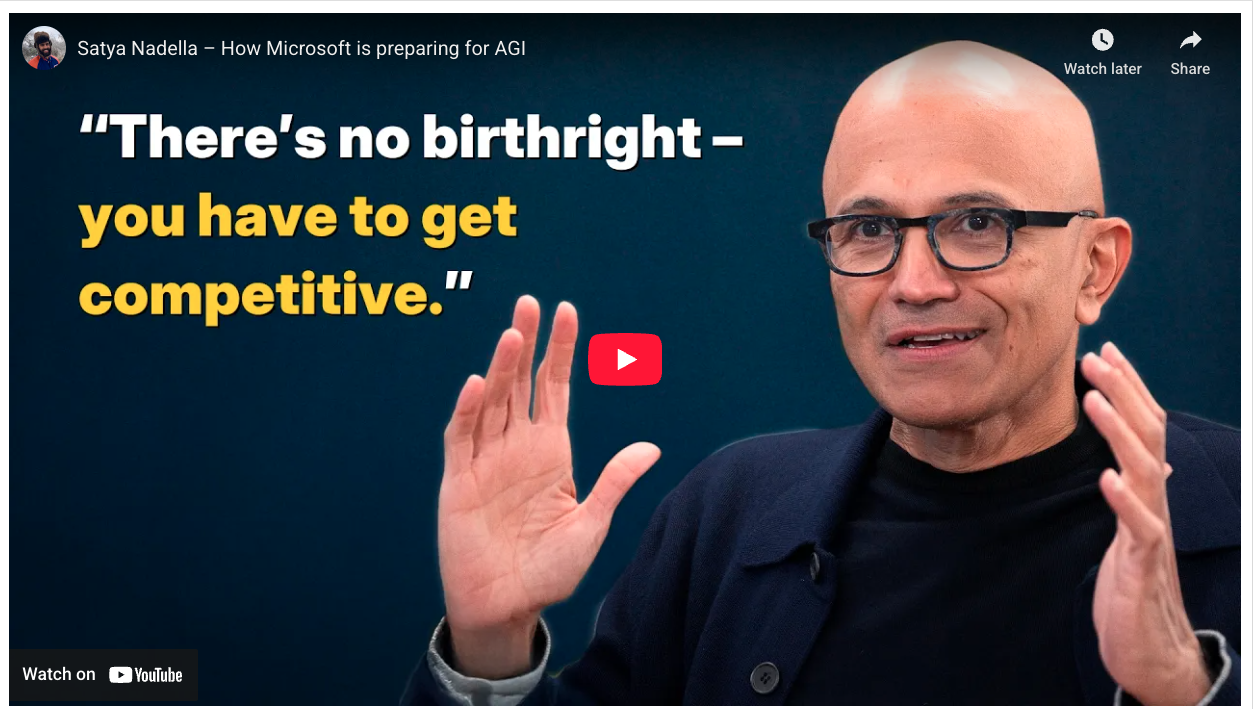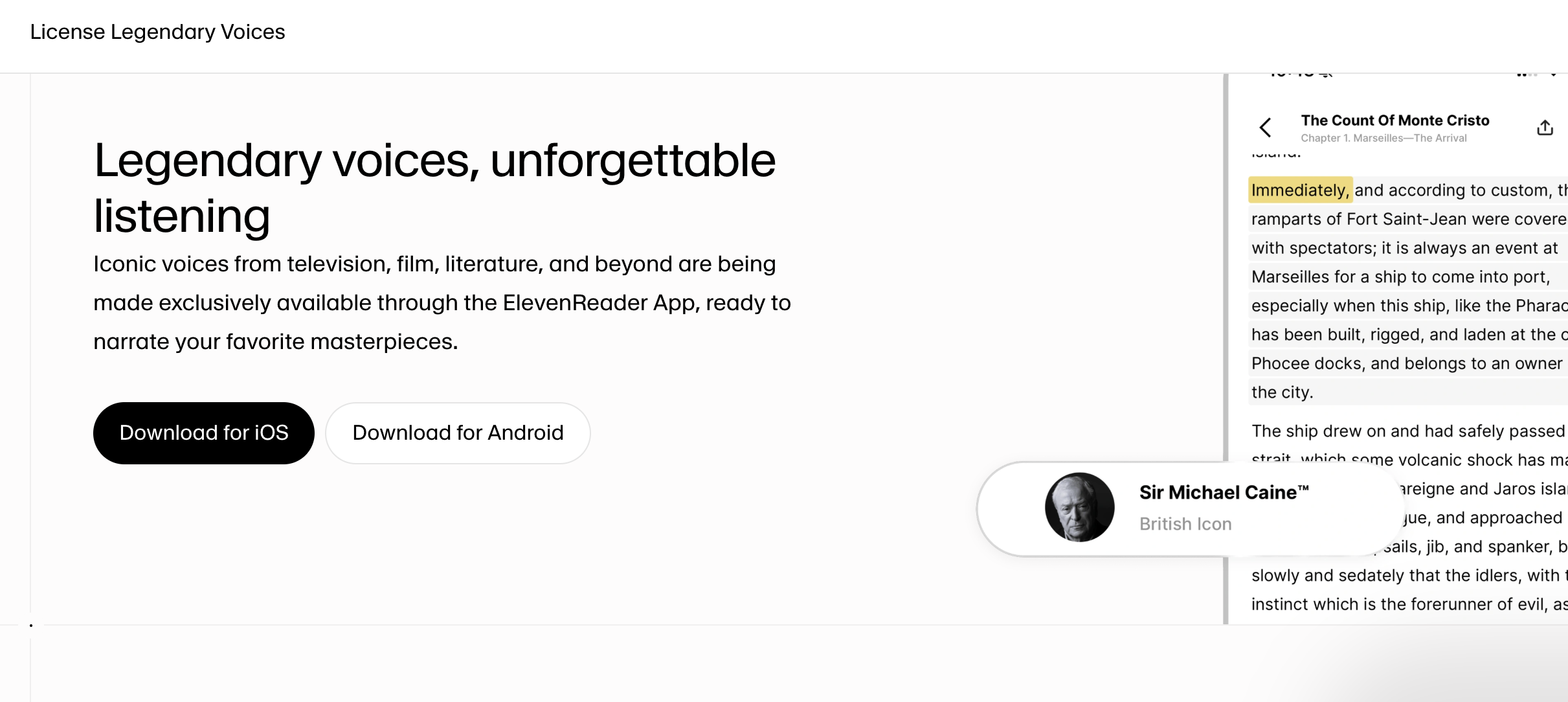For years, our relationship with AI has been simple: we ask, it answers. But OpenAI is ready to flip that script. The company just launched a preview of ChatGPT Pulse, a new feature that transforms the chatbot from a reactive tool into a proactive assistant designed to start your day for you.
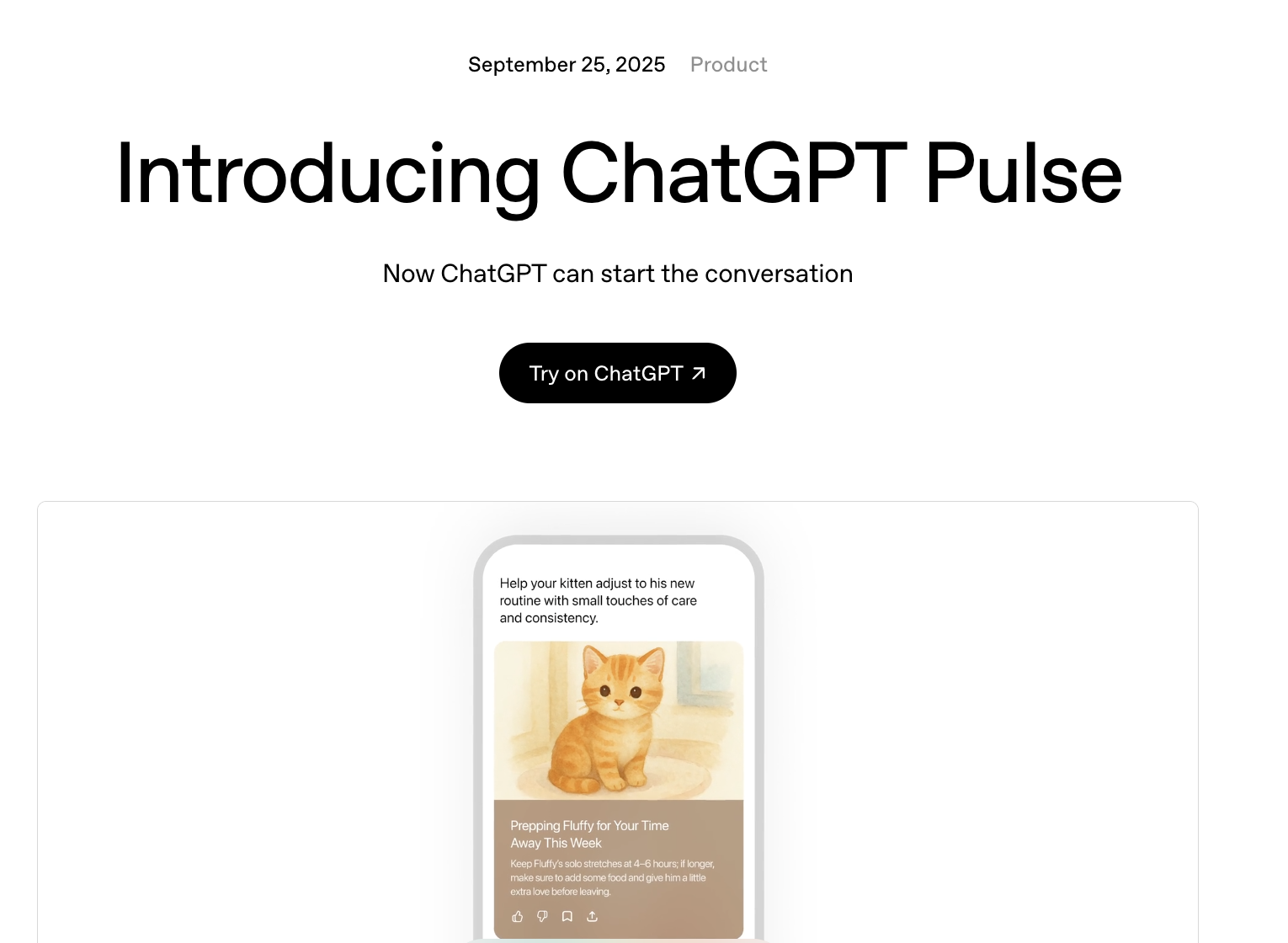
This is the first real "proactive" AI tool that OpenAI has released since its "reminders" feature from awhile back that didn't seem to take off. Instead of waiting for a prompt, Pulse performs research overnight and delivers it the next morning. It researches topics it thinks you’ll find useful based on your chat history, memory, connected apps, and direct feedback. Each morning, it delivers a curated, finite feed of visual cards with personalized updates—follow-ups on a project you were discussing, ideas for dinner, or the next logical step in training for that marathon.
This is a fundamental shift in how we interact with AI. The burden is no longer on you to know what to ask. Pulse aims to anticipate your needs, making it the first step toward what OpenAI calls "a more useful ChatGPT that proactively brings you what you need."
The feature is rolling out to ChatGPT Pro users (ChatGPT Pro — $200/mo) on iOS and Android mobile first; wider release to Plus users is planned later.
Now, here's what's actually happening: TechCrunch reports the explicit goal is to get you to "check ChatGPT first thing in the morning." OpenAI wants that coveted morning-habit slot currently owned by news apps and social feeds. And they're not alone—Google (with Astra), Meta, and Microsoft are all racing to build these proactive assistants that anticipate your needs before you ask.
How It Actually Works
Pulse analyzes your chat history, connected apps (Gmail and Calendar if you allow it), and your feedback to figure out what matters to you. Then each night, it goes off and researches topics you care about, delivering visual cards the next morning with updates tailored specifically for you.
The feature works by doing asynchronous research overnight, then presenting findings as scannable visual cards. Each update expires after 24 hours unless you save it. The Verge confirms this is intentional—OpenAI designed Pulse to "end" each day, a deliberate guardrail against infinite scrolling as they introduce a feed into ChatGPT.
The secret sauce: Early testers like a16z's Olivia Moore discovered the feature really shines once you actively tell it what you want. Just tap "curate" and be specific—"Friday roundup of local events," "professional tennis updates," or "next steps for my triathlon training." The more you guide it, the smarter it gets.
The reality check: Moore notes it's currently heavy on professional content rather than personal stuff shown in the demo videos. And despite having calendar access, it didn't pull from her meetings much initially. The thumbs up/down feedback system is crucial—without it, you'll get generic suggestions that miss the mark. So make sure to smash that like button, fam!
The On-Ramp to the first AI Social Network?
Here's where it gets interesting: The Verge scooped that OpenAI has prototyped an X-like social feed that could live inside ChatGPT. Pulse's personalized feed is a logical on-ramp toward that vision.
Now compare this to Meta's Vibes, which launched the same day. It's their new AI video feed in the Meta AI app.
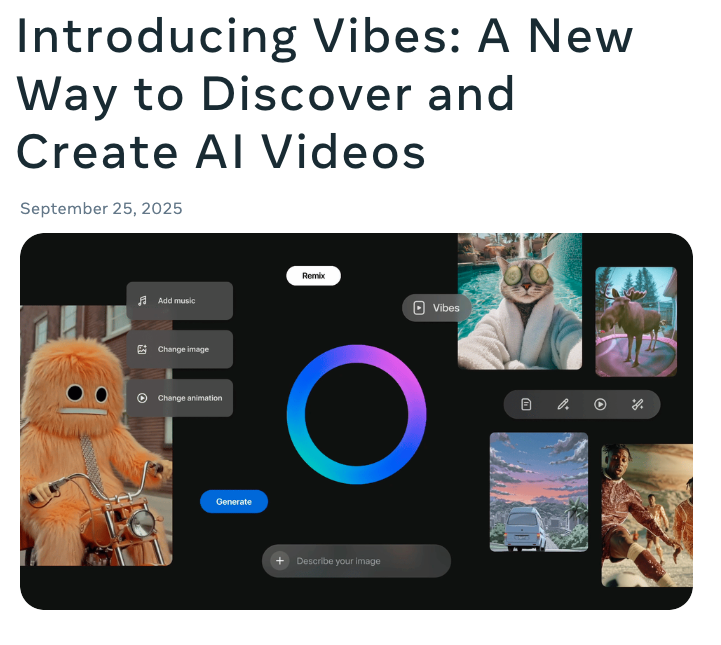
At first glance, the two announcements signal a clear trend: the future of AI interaction is the feed. But the two products couldn't be more different, and their contrast reveals the emerging fault lines in AI strategy.
Meta's Vibes is quintessentially social. It's a public, shareable, TikTok-style stream of creative content designed for discovery and entertainment. You can browse, remix other people's creations, and share them across Instagram and Facebook.
ChatGPT Pulse is the exact opposite. It's a private, personalized, and in a way, an "anti-social" feed built for individual utility. It’s not meant for scrolling; in fact, OpenAI explicitly told The Verge that the experience "ends" each day. Its goal is to give you a focused set of updates so you can "get back to what matters most."
So while Meta's feeding you AI-generated videos to remix and share, OpenAI's feeding you AI-generated research and insights. One's for creativity, one's for productivity. Which will win? Depends on the user's personal preferences, we'd say...
The Ad Revenue Play
Intelligencer pointed out what should be obvious: Pulse "looks like an attempt to secure… attention captured by feeds," and feeds are exactly where users expect marketing. This creates natural ad inventory for OpenAI's future monetization.
The timing isn't coincidental. The Economic Times reported in September 2025 that OpenAI's apps org started exploring ad leadership hires. When asked about ads, ChatGPT's head wouldn't rule them out, saying they could be "thoughtful and tasteful." Pulse creates the perfect placement surface if (when?) they flip that switch.
Google Now's Ghost Returns
Interestingly, Intelligencer explicitly ties Pulse back to Google Now's card paradigm—those automatic, contextual cards that appeared based on your data. But this time, it's updated as a bridge to agentic assistants that can actually do things: make bookings, reservations, purchases.
This bridge to action is perhaps the most significant long-term implication of Pulse. This is the real endgame: Kantar analysts see Pulse as the discovery layer for "agentic purchasing." An update suggesting restaurants for your trip could seamlessly connect to an AI agent that books a table. A reminder to buy a gift could lead to an agent purchasing and shipping it for you. Industry analysts at Kantar predict a massive land-grab between retailers and AI assistants to own this new channel. Pulse provides the daily surface to launch these actions, moving ChatGPT from a place you get ideas to a place where you get things done.
This puts OpenAI in a heated race with Google, Meta, and Microsoft, all of whom are building their own proactive, agentic assistants.
The Privacy Trade-Off You're Making
Of course, this vision comes with significant questions. Best results require opt-in connectors for email, calendar, and past chats. The Verge notes OpenAI says your Pulse feedback trains your Pulse only, and the feature is off by default.
The privacy trade-offs are front and center, requiring users to grant access to their most personal data to get the best results. OpenAI has been careful to make integrations opt-in and says Pulse has safety filters to avoid reinforcing unhealthy patterns, though it hasn't shared specifics.
But let's be real: the more data you share, the better it works. It's the classic Silicon Valley bargain—convenience for privacy.
Already, OpenAI's recent change to implement a "safety routing system" that checks posts for sensitive or emotional topics has caused people to accuse the company of "psychoanalyzing 700M people" and has led to a rise in posts asking for ChatGPT to "let adults be adults" (to avoid getting routed or analyzed). Excuse me, sirs and madames, have you heard of local models? Go download LM Studio!
And Larry Ellison (of Oracle, a major OpenAI partner) keeps making these proclamations about the untold glories of a surveillance state utopia, which aren't easing people's minds any, either (just look at the # of upvotes on that post).
Why This Actually Matters
Pulse transforms ChatGPT from a Q&A machine into something that actively works for you. No more remembering to ask about industry trends or forgetting to prep for tomorrow's meeting. Your AI assistant now takes initiative.
But zoom out and you see the bigger picture: OpenAI isn't just adding a feature, they're repositioning ChatGPT as your default morning destination. Between Pulse for productivity and a potential social feed for engagement, they're building an AI-first super app that could challenge everything from Google Search to Twitter to your morning news routine.
For now, Pulse is a simple, elegant preview of a new AI paradigm. The race for the proactive AI assistant has begun. And it starts with owning your mornings.
Once you get Pulse, hopefully you don't forget about us little humans who used to be your go-to morning destination... we'll still have plenty memes for you if you stick around!
